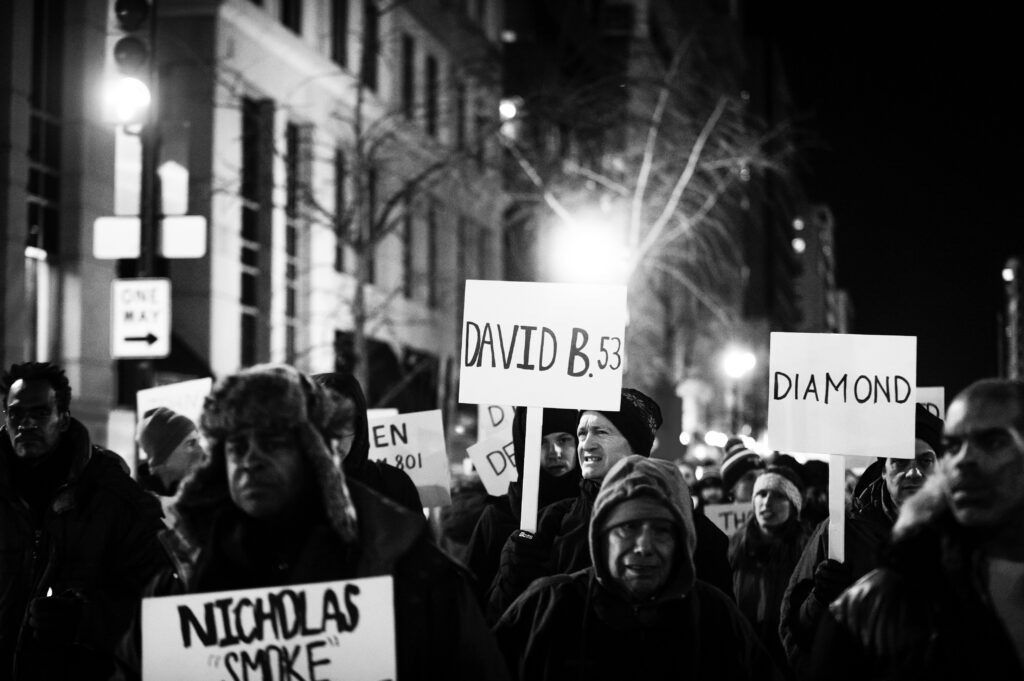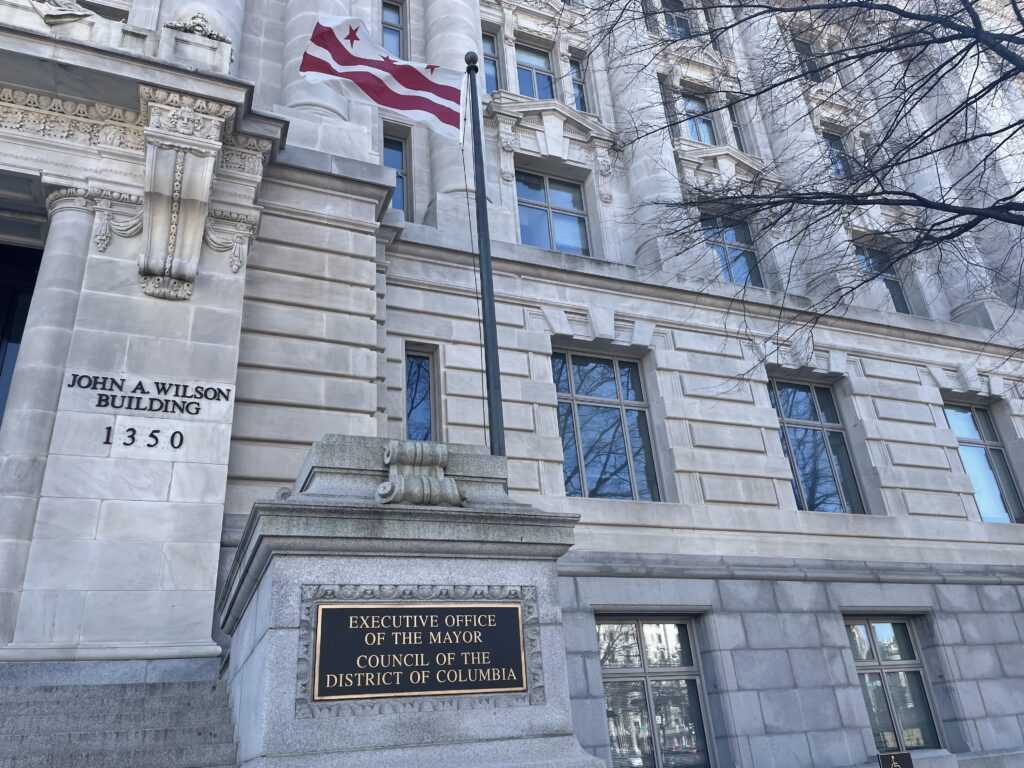October was Domestic Violence Awareness Month. I attended an event about the topic on Oct. 25 at Busboys and Poets Anacostia, hosted by the Mayor’s Office on Women’s Policy and Initiatives, DC Black United Front, Domestic Violence Wears Many Tags, the Association of Black Social Workers and ANC 8C.
I have learned there are different levels of domestic violence, from homicide to assault to screaming to disputes. Sometimes domestic violence can be serious, and sometimes it’s not as serious. This has confused the court system and the government. Judges aren’t paying attention to how serious cases are — or aren’t. And people are being punished for something they don’t even know the definition of.
It takes two parties to do domestic violence; people do it to each other. One person is not just innocent. If one person calls 911, and says, “This is domestic violence,” well, how did that incident occur? How did it start? We don’t know.
And yet, usually both people are not charged as guilty. I think the court system needs to start screening domestic violence cases and charging both parties. This is how we are going to know if this case is serious or not. If you just charge one party, that’s not fair. There’s always two sides to a story. We need to start screening and charging both parties so we can know what’s real and what’s not and so everybody can be held accountable.
Some cases have been frozen because of the pandemic, and it has the system all screwed up. We need to start throwing cases out. It’s wasting a lot of tax dollars. People need to come home. When people have cases that are so old that they have no more contact with the other individual involved, I think they should go ahead and just drop the case. I am involved in a case that has been going on for a few years, and it still hasn’t been thrown out. I have a lot of friends who are going through the same thing.
We could promote the city’s crime-victim hotline (844-443-5732) as a number for people to call before a crisis occurs. Case managers and social workers could be available to talk to people on the phone, 24/7, to calm them down. When you’re around a different individual, you can calm down.
We need education about domestic violence offered by the Federal Bureau of Prisons for returning citizens before they come home, and we need classes out in the community, too. I think that every nonprofit should have domestic violence classes, to avoid a lot of the violence that is going on before it escalates to a different level. Young people encounter this as well, so it’s important to talk about this about youth, not just adults.
We need to learn about behavioral and spiritual health. An individual might not understand what the other individual is going through at the time. Sometimes a person might be trying to help another person, not harm them, but doesn’t know how to communicate with that other person.
When people in a relationship are upset with each other, they need to start talking things out, and if they can’t talk it out, they need to separate. They are grown. They are adults. Sometimes I know it’s hard, and people are in love, but get some time apart for a while.
Maurice Spears is a vendor and an artist with Street Sense Media







